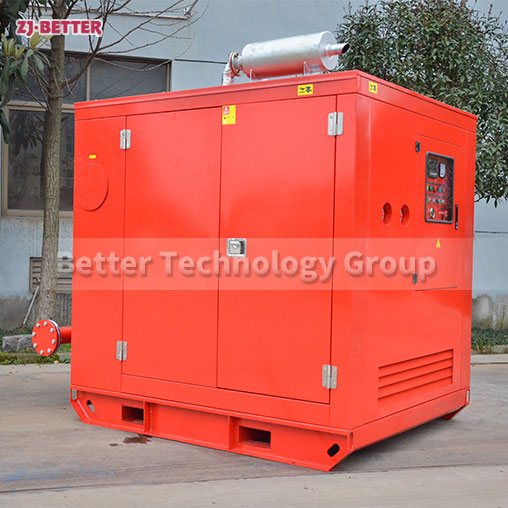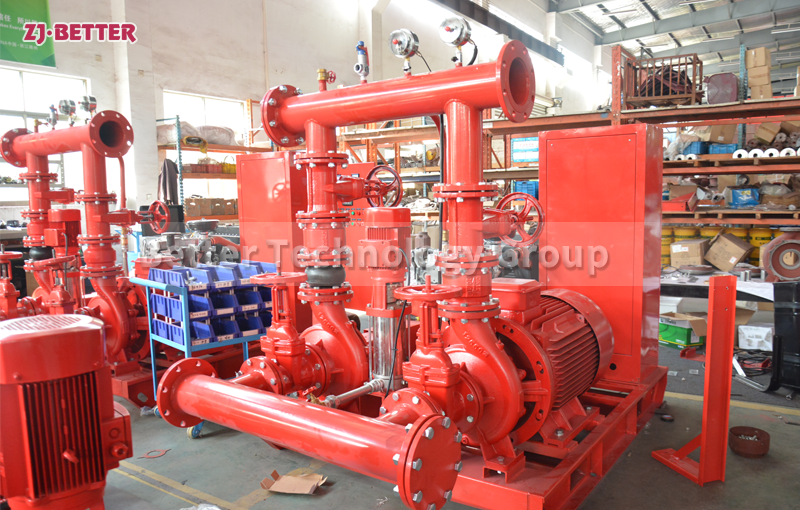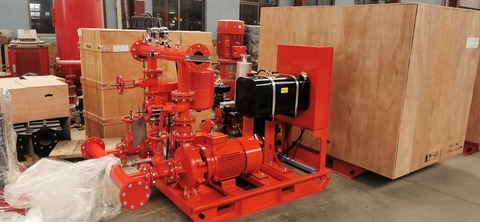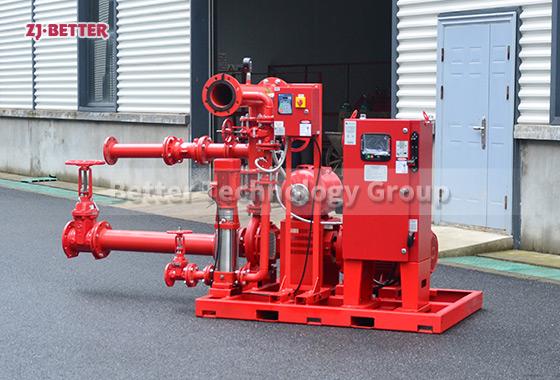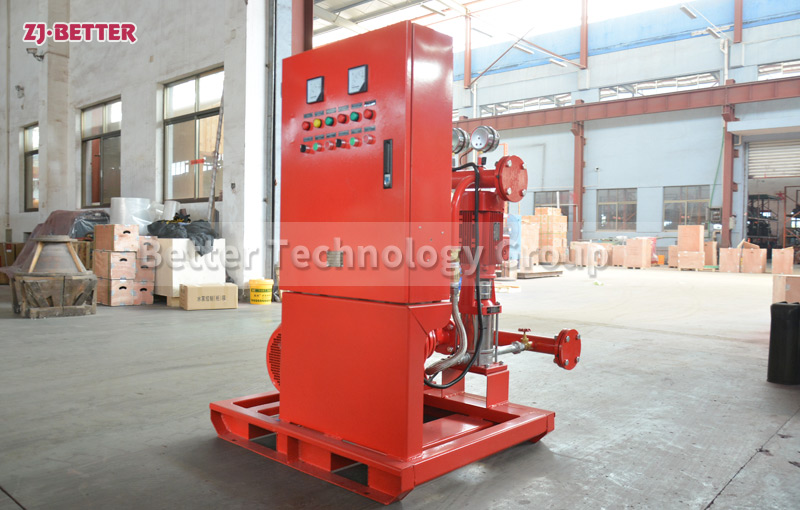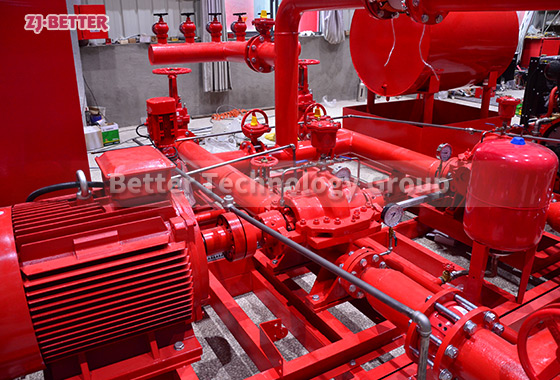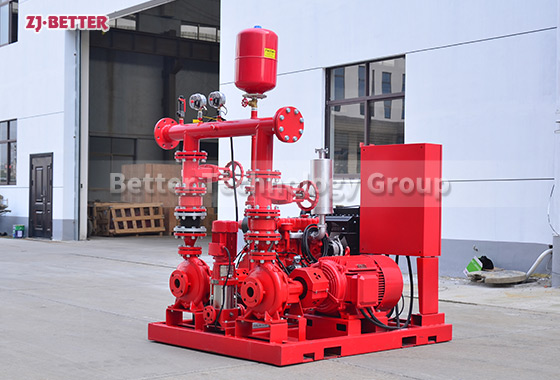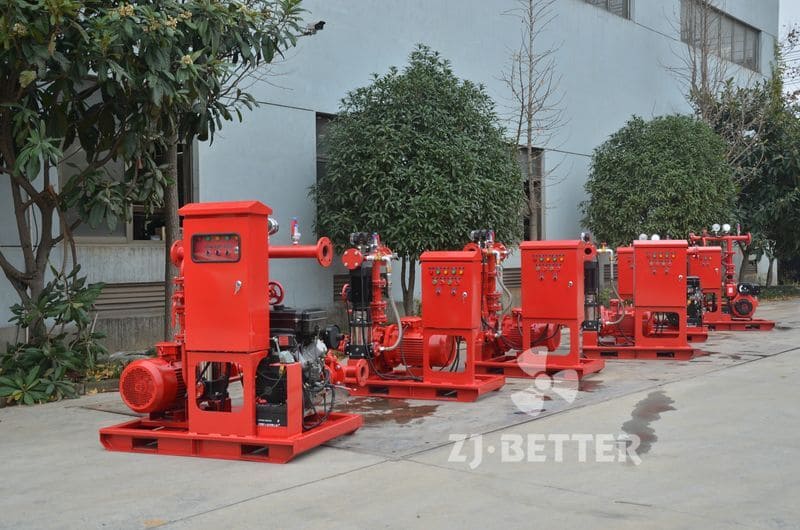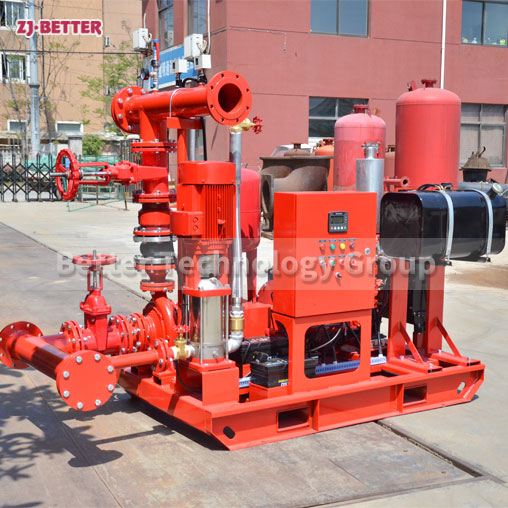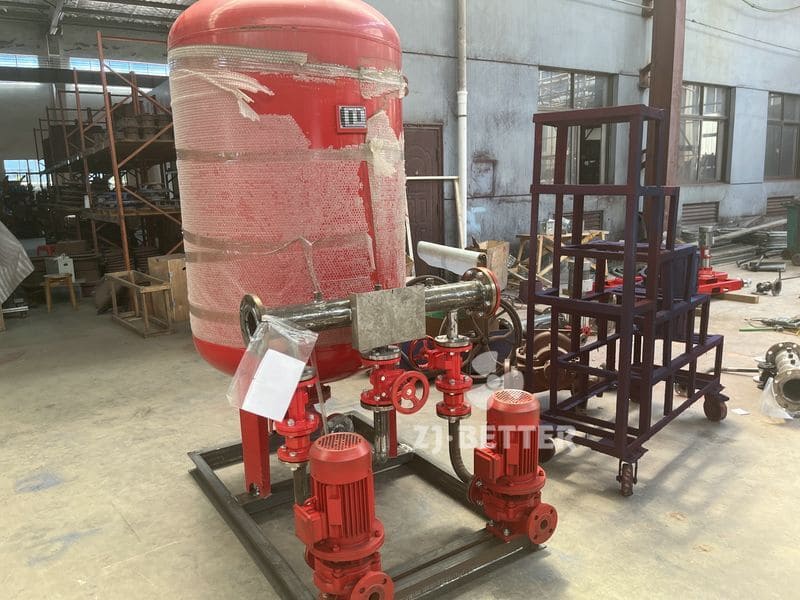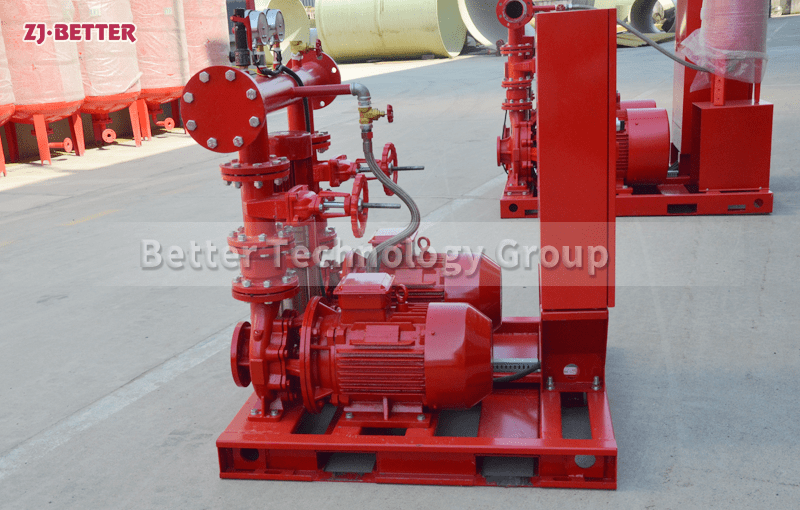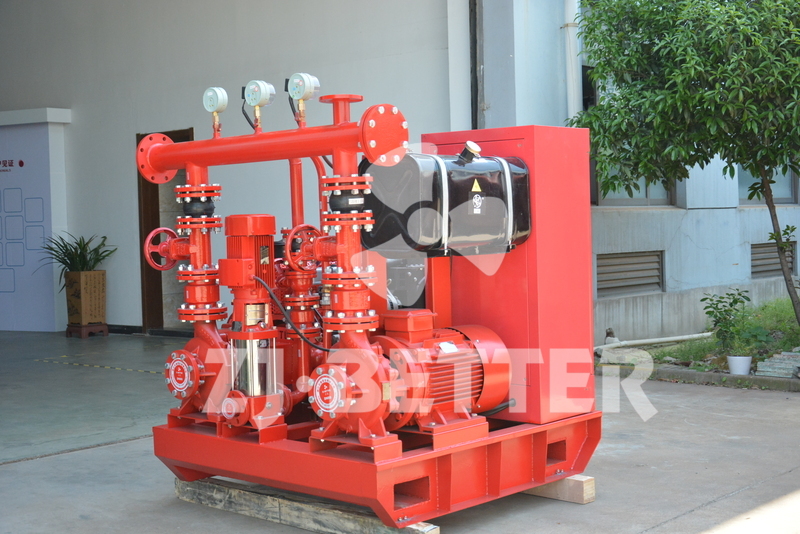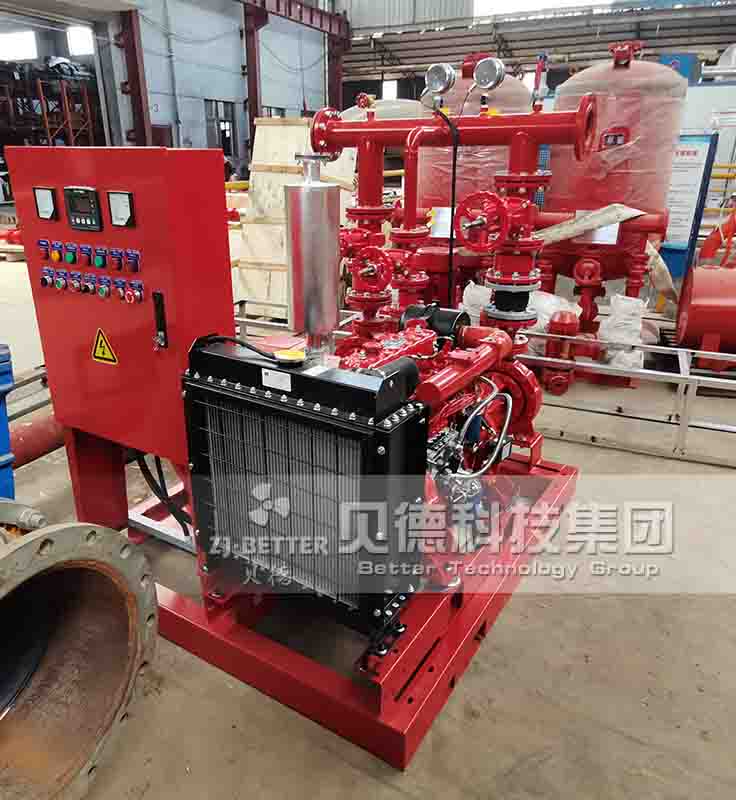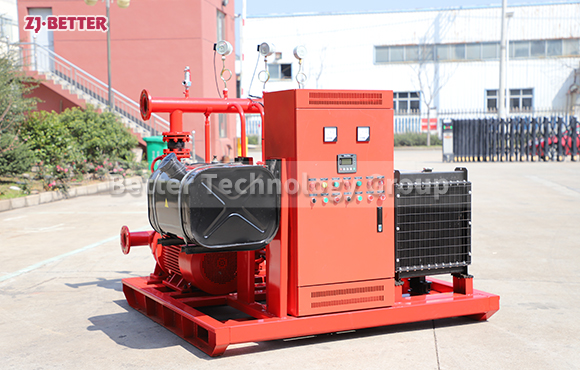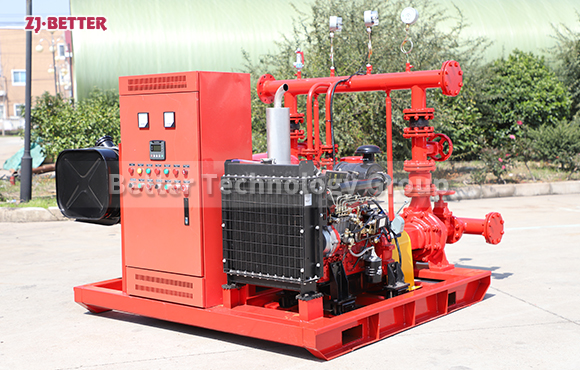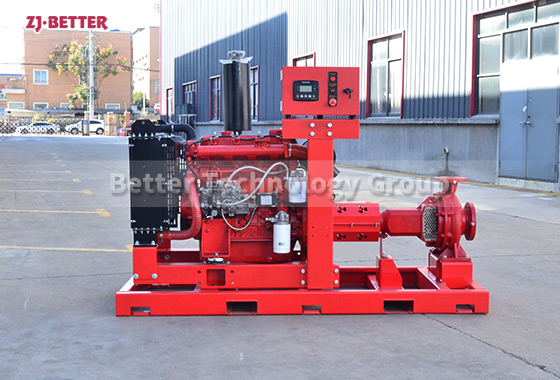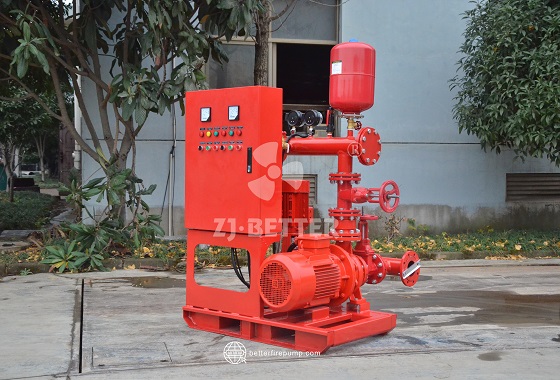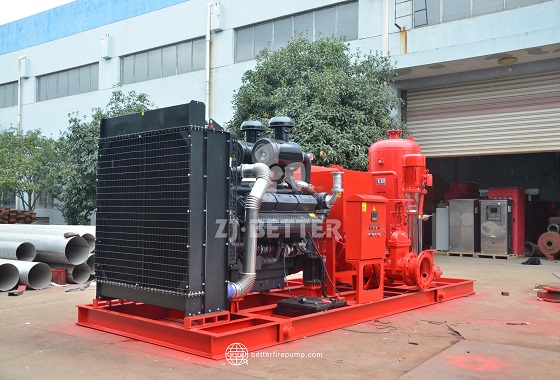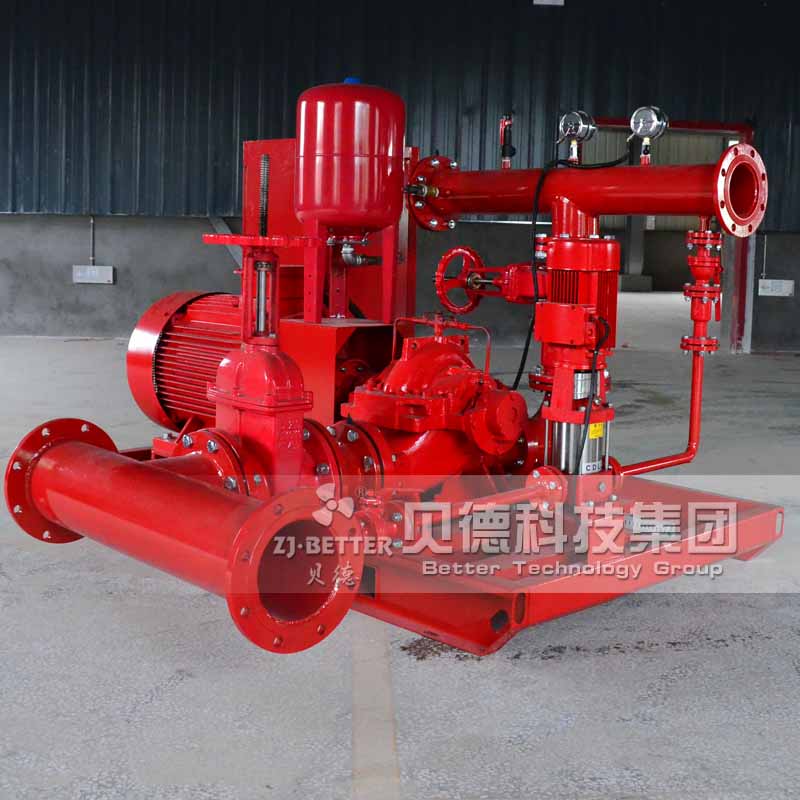Outdoor Fire Pump Set
The outdoor fire pump can be used outdoors. There is a complete set of fire pump equipment. It does not need to build a pump station, saves costs, saves space, and is suitable for any fire protection occasions.
In the firefighting equipment, the outdoor fire pump is an important part, which ensures the normal operation of the water supply for the firefighting work. Nowadays, the main way of firefighting in the firefighting work is water, and the box-pump integrated fire pump station It can provide water source and sufficient pressure for firefighting water. Therefore, the tank-pump integrated fire pump station has been paid more and more attention, and the tank-pump integrated fire pump station has made great contributions to the firefighting work.

